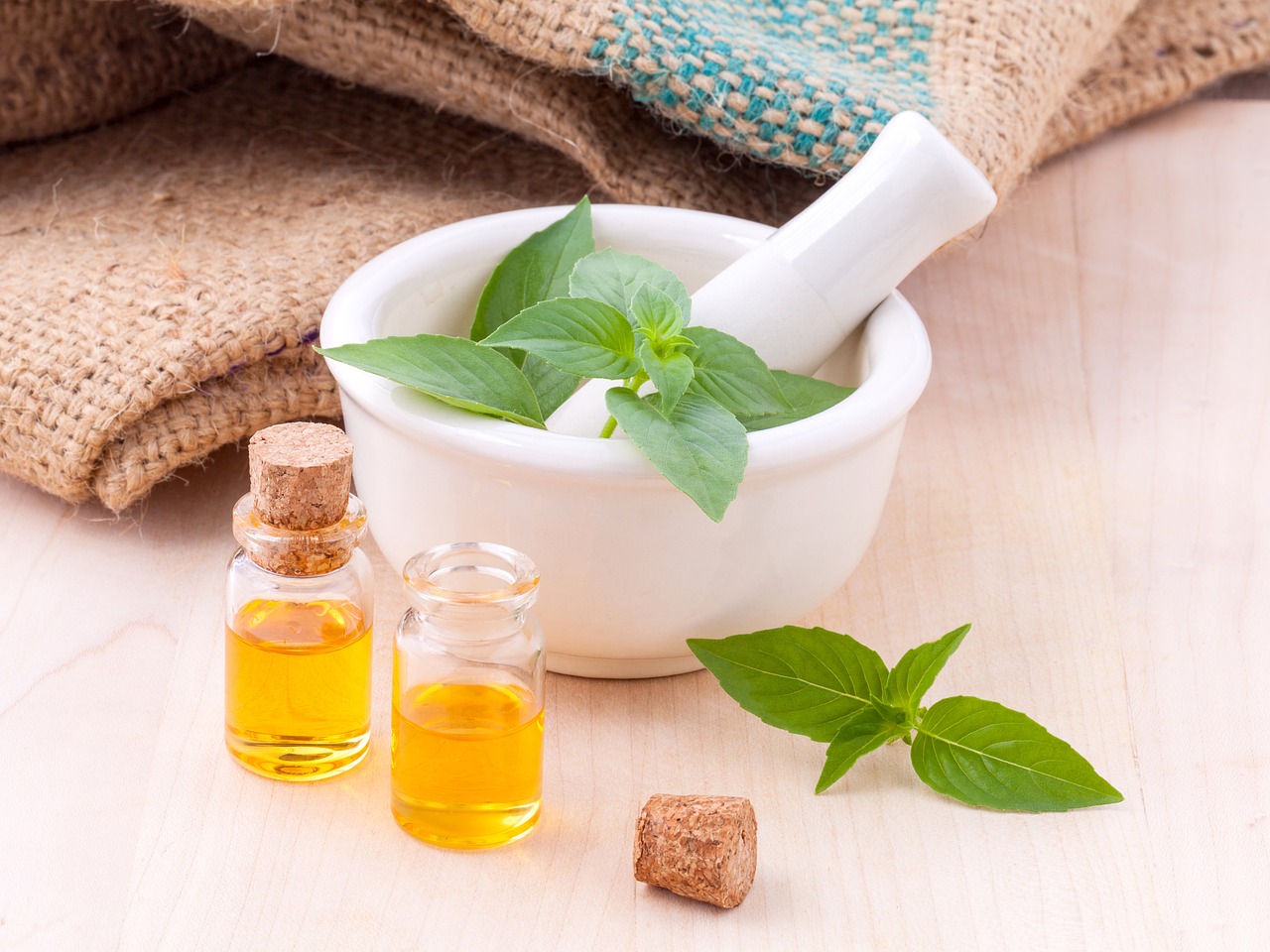Those living with ALS experience a vast and varying degree of complications that accompany the disease. Although there have been extensive advancements with remedies, treatments, and devices, resources are limited and complex. Daily living proves difficult in even the simplest tasks. Yet, not everything must be so difficult. Here’s a list of simple and natural ways to help you with your symptoms and overall wellbeing.
- Eat a Nutritional Diet – The most important part of a nutritional diet for PALS is to remove toxins and eliminate the risk of damaging motor neurons by free radicals. Remove all sugars and processed foods1. Next you will need to introduce nutrient-dense and whole foods filled with antioxidants, vitamins, and minerals. Organic foods like free range chicken, grass-fed beef, healthy fats, and fruits and vegetables are examples of quality nutritional foods.
- Exercise – To help prevent atrophy, improve mobility, and strengthen muscles, non-exhaustive exercise has shown to be beneficial in patients with ALS. Typical exercise regiments should consist of aerobic exercise, breathing exercises, stretching, and light resistance movements. Also, for those in more advanced stages of ALS, caregiver assisted stretching is beneficial to prevent pressure point sores and contractures. Overall, exercise for ALS may slow progression of motor neuron degradation, help patients maintain a high level of function, and improve respiratory capacity3. It is advised to seek a professionally developed program designed by a licensed physical therapist.
- Occupational Therapy – This type of therapy provides rehabilitative care for activities required in daily living to patients recuperating from a physical or mental illness. Difficulties that occur for patients with ALS such as bathing, dressing, swallowing, and walking are fundamentally improved through programs of occupational therapy. Assisted devices, tools, and clothing, which can facilitate mobility and daily activities, are easily accessible. Studies show that people with ALS involved in multidisciplinary programs have longer life spans, due to social involvement and better mental health4.
- Supplements – A great way to ensure ALS patients are getting the appropriate vitamins, minerals and nutrients is through supplements for ALS. Avoiding malnutrition and ensuring an adequate dietary intake is a key factor in preventing atrophy, infection, and a weakened immune system5. Antioxidants and detoxifiers are equally important for preventing damage from oxidation and free radicals. Although there are various supplements that are recommended for patients with ALS, some of the more notable ones are Vitamin E and C, Vitamin B-complex, AAKG, GABA, Ubiquinol, Niacin, Vitamin D, CoQ10, Calcium, Magnesium, Selenium, Zinc, and fish oil1. The best supplements for ALS provide several benefits such as: energy production, detoxification, maintaining bone and muscle mass, improving cellular and mitochondrial function, and more1. You can find many of these supplements at simplesanutrition.com.
- Emotional Support – The burdens of ALS do not only affect the body, but places a heavy toll on mental and emotional health. The stress of coping with a debilitating disease is difficult to manage. Support from family and caregivers is essential to emotional well-being. For help with managing stress, depression or anxiety it can be very helpful to work with a therapist trained in cognitive behavioral therapy, which emphasizes the importance of underlying thoughts in determining how we feel and act6. There are also various support groups and forums where you can speak to others in similar circumstances.
- Sleep and Rest – One of the various struggles in managing ALS is constant exhaustion compounded by the inability to get restful sleep. The lack of sleep can cause another layer of complications to add to the already difficult effects of ALS. To prevent this restless cycle, there are some tips to help you secure better sleep. Some of these activities are: being active during the day, aromatherapy, eating foods that increase serotonin and melatonin, taking magnesium, adhering to a sleep schedule, drinking tea, taking a warm bath, exercise, meditation, reading, and taking soothing natural herbs. Other remedies for trouble sleeping due to pain include muscle rubs using lavender and peppermint oils, massage therapy and acupuncture, Epsom salt baths, and foam roller exercises, with the approval of a physical therapist. New remedies such as Hemp-Oil show promise in soothing and calming patients and getting them in a more restful mindset.
This is not an all-encompassing or complex list of suggestions for help with your ALS systems, but rather a simplified and natural way to tweak your daily routine. Make changes and introduce new habits at a rate that is comfortable for you. These tips can be implemented easily and may have significant improvements on living with ALS. Stay strong!
References:
- Levy, Jillian. “Lou Gehrig’s Disease (+ 6 Ways to Help Manage ALS Symptoms).” Dr. Axe Food is Medicine, 1 Feb. 2018, https://draxe.com/lou-gehrigs-disease/.
- Tedone M.D., V.M., Tedone-Gage, D., & Tedone, C. The Deanna Protocol Hope for ALS and Other Neurological Conditions. Tampa: Paradies/ Inspire, LLC, 2015. Print.
- Andrew J Lui, Nancy N Byl. A Systematic Review of the Effect of Moderate Intensity Exercise on Function and Disease Progression in Amyotrophic Lateral Sclerosis. JNPT Vol 33, June 2009 p68-87.
- Arbesman, Marian; Sheard, Kendra. “Systematic Review of the Effectiveness of Occupational Therapy–Related Interventions for People With Amyotrophic Lateral Sclerosis.” AJOT, Jan. 2014, https://ajot.aota.org/article.aspx?articleid=1863110/.
- Rosenfeld, Jeffrey, and Amy Ellis. “Nutrition and Dietary Supplements in Motor Neuron Disease.” Physical medicine and rehabilitation clinics of North America 19.3 (2008): 573–x. PMC. Web. 4 Oct. 2018.
- Levy, Jillian. Cognitive Behavioral Therapy Benefits & Techniques. Dr. Axe Food is Medicine, 30 Apr. 2018, https://draxe.com/cognitive-behavioral-therapy/.


